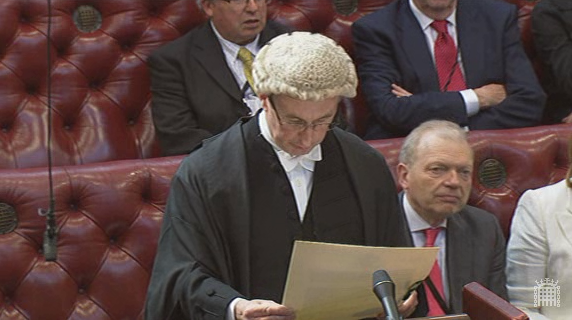If, as a local councillor, I was to spend my time consorting with street gangs who exercised authority without consent and packed the Council with political cronies selected on nepotism not merit, I would not expect to be celebrated by the Left. But Hugo Chavez was. No matter that he actively explored cooperation with the planet’s vilest dictators. He developed a “strategic partnership” with murderer Alexander Lukashenko of Belarus. Not as an accident of regional geopolitics – but an active embrace of tyranny. And in return, the government of Belarus has announced 3 days of mourning to mark his death.

It wasn’t just Lukashenko, he joked with President Ahmadinejad about building a “big atomic bomb”. He hailed Robert Mugabe and Idi Amin and was staunch in his support for blood-drenched tyrants staunch Col Gaddafi and Syrian President Bashar.
His celebrated domestic record was patchy. A welcome attempt to alleviate poverty and establish healthcare was shackled by Tammany Hall politics that drove up prices, packed public services with inept political cronies and left the shelves of supermarkets empty for the poor.
The contrast with Brazil, a social democracy whose leadership has served it well, is stark. Brazilians are 3 times less likely to be murdered in the streets, the press is still free and civil society strong.
The finest piece on this social failure is “Slumlord” by Jon Lee Anderson in the New Yorker. The Tower of David, in the centre of Caracus, is totemic of this failure:
Guillermo Barrios, the dean of architecture at the Universidad Central, says: “Every regime has its architectural imprimatur, its icon, and I have no doubt that the architectural icon of this regime is the Tower of David. It embodies the urban policy of this regime, which can be defined by confiscation, expropriation, governmental incapacity, and the use of violence.”
This isn’t a fringe issue. Labour MPs have praised Chavez’s handling of the last elections (I’ve heard silence on the last Brazilian elections), unions pay their members to go on fact-finding missions and Labour’s last Mayor of London built another “strategic partnership” with Chavez (how many did he need?). It is hard not to conclude that the Left suffers from the racism of low expectations.






